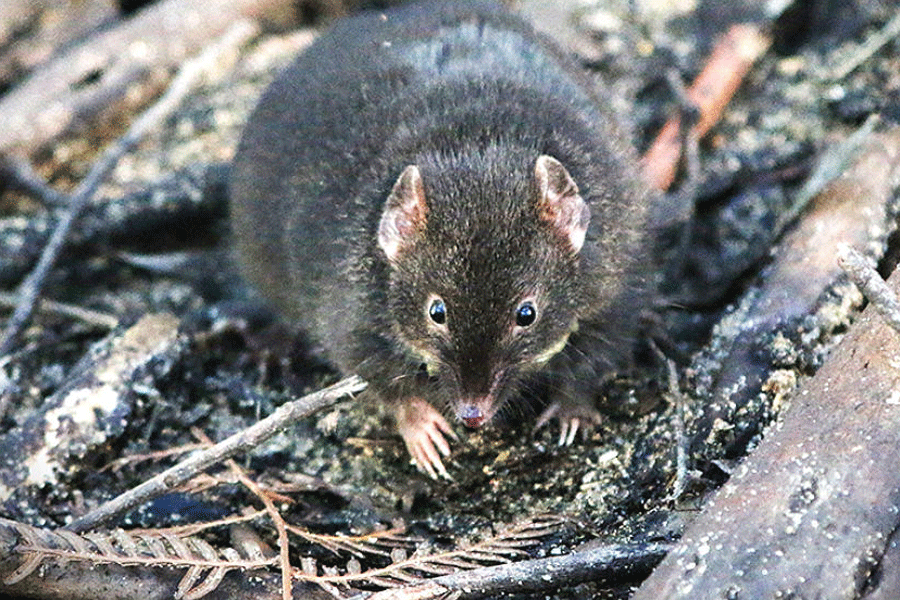A small Australian marsupial called the antechinus gives up hours of sleep for sex, scientists said on Thursday, announcing the results of the first study to document such sleep restriction in any land-dwelling mammal.
The scientists have observed that antechinus males that live only about a year and die soon after a single mating season slept on average three hours less per night every night for three weeks during their breeding period.
“In their single, short, and intense breeding season, male antechinus minimise their sleep to maximise their fitness,” the researchers in Melbourne, Australia, and collaborators in other countries said in their research report published in the journal Current Biology on Thursday.
Their study that relied on motion sensors and electrophysiological and biochemical tests to track the marsupials’ activities has suggested that males sacrifice sleep as a reproductive strategy to increase their access to female antechinus.
Male antechinus either have some mechanisms to thrive on less sleep during the three-week mating period or they accept the physiological costs of long periods of staying awake to “secure paternity” shortly before they die, the researchers said.
“When the benefits of producing offspring outweigh the costs of sleep loss, animals will lose sleep in favour of reproductive output,” Erika Zaid, a research scholar at La Trobe University, Melbourne, and lead author of the study, told The Telegraph via email.
But, Zaid said, it was surprising that the male antechinus did not sacrifice even more sleep.
Antechinus males live around 11 months and die soon after a short intense breeding season. “The males have only one chance at fathering offspring … this made us think that male antechinus might show extreme levels of sleep loss during the breeding season,” Zaid said. “And yet, even while sleeping three hours less per day, each day for three weeks, they still slept a lot. This is surprising as males can be awake day or night. Why not sacrifice more sleep to secure paternity?”
The study's findings, she said, underline the essential functions sleep serves. “There are three things all animals must do: eat, avoid being eaten, and reproduce. The ability of animals to perform the tasks involved in each of these objectives is dependent on the amount of prior sleep,” Zaid said.
The antechinus isn’t the first creature known to give up sleep for sex. Zoologist and associate professor John Lescu at La Trobe University, who led the study on the antechinus, had observed similar behaviour in the pectoral sandpiper — a small migratory bird — a decade ago.
Lescu and his colleagues had found that pectoral sandpiper males sleep less than five per cent over the 24-hour cycle for three weeks during their breeding season in the high Arctic. And the most active males were the ones that sired the most offspring.











